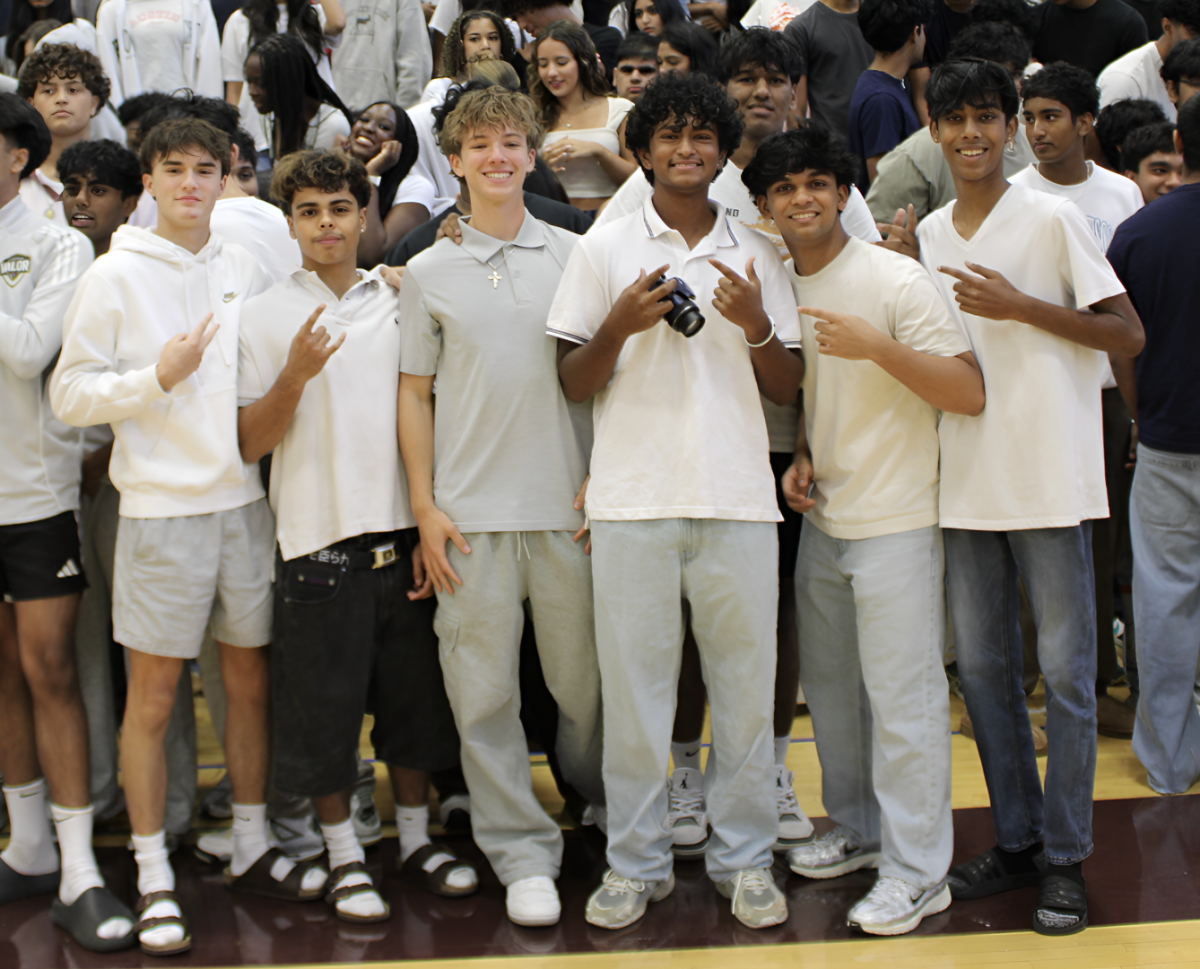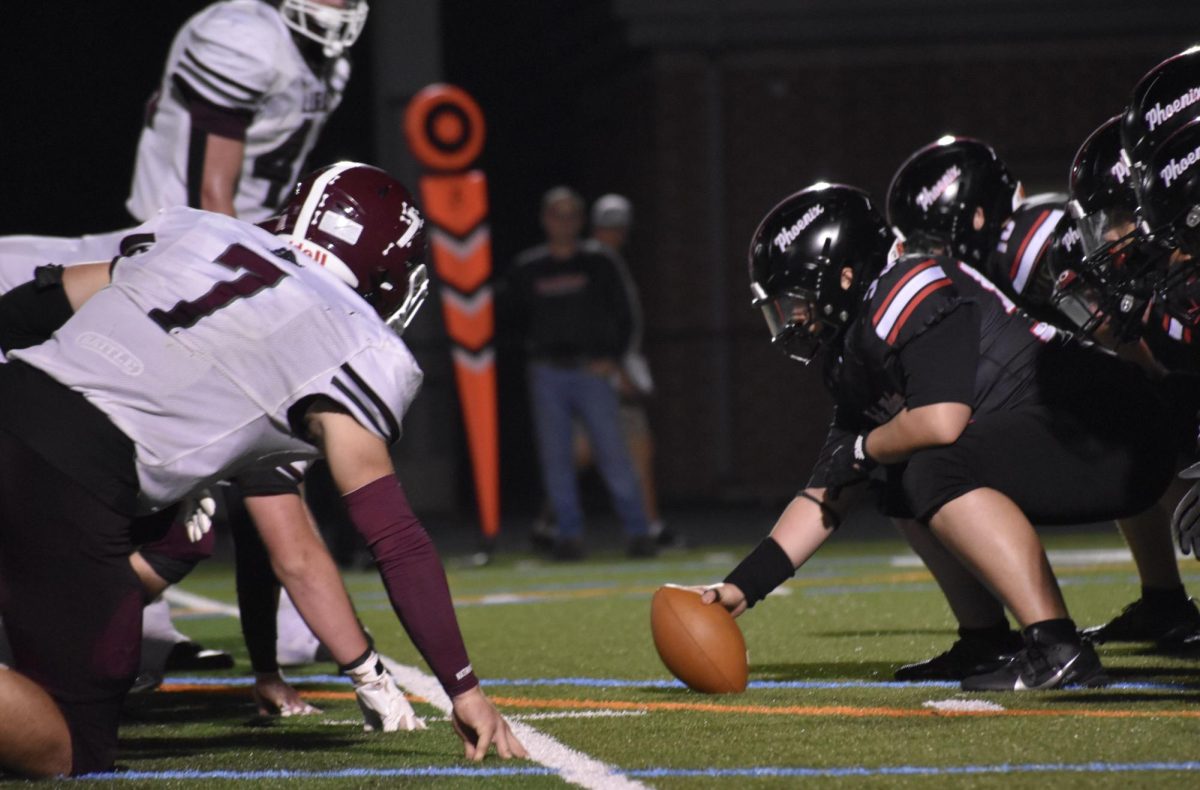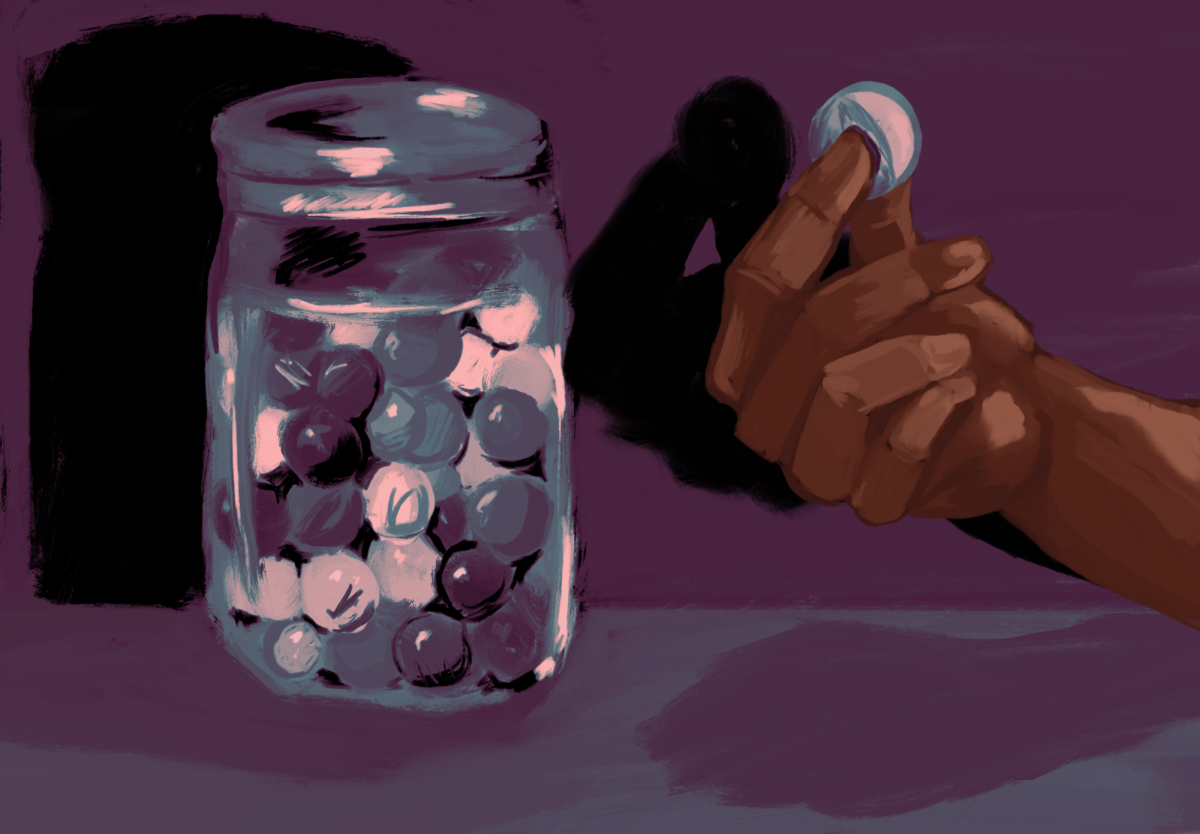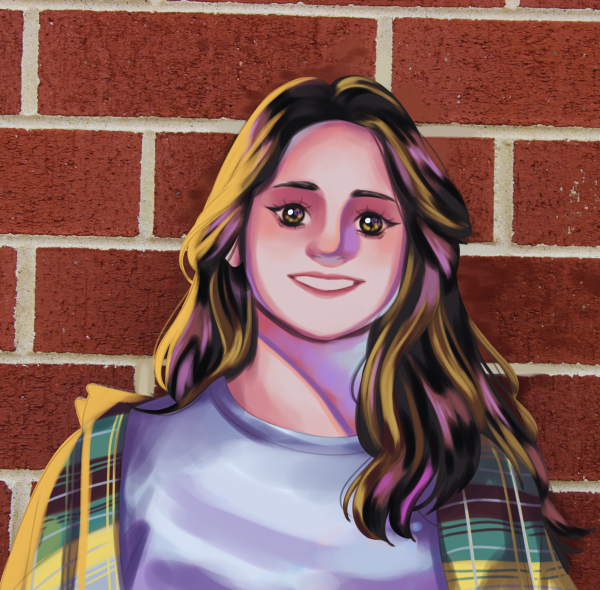The first thing I did after finishing “The Heaven and Earth Grocery Store” was go to the Barnes and Noble website to check if I correctly read that it was truly the book of the year. This review contains minor spoilers.
The book drops readers into 1972, where a body has just been found in a well — an interesting start that kept me captivated for the next five pages until the book decided to go back in time 47 years earlier to 1925.
Moshe and Chona are a married Jewish couple that live above “The Heaven and Earth Grocery Store,”’ which Chona runs. Moshe runs a theater business that has lately been facing greater success due to him branching out and hiring Black performers. Chicken Hill, where the couple lives, is in Pottstown, Pa., an area that is mostly populated by African Americans. The Jewish people who did live there moved out when they could afford to. Chona, on the other hand, stubbornly stayed on the Hill to the dismay of her husband.
We are later introduced to “Dodo,” a deaf Black 12-year-old who recently lost his mother. Chona offers to take care of the kid and hide him in her store from the state which has decided he belongs in Pennhurst –A special school and hospital that really is truly just a horrible institution in which the residents are abused and neglected. One day, a member of the Ku Klux Klan and resident doctor in Pottstown, Doc Roberts, comes into the store looking for the boy to send to the state.
This summary is very rudimentary and leaves out a majority of the characters and subplots in the book. This book is wonderfully written, technically. The author is highly experienced and can make one sympathize with all the characters. Everything in the book is intertwined in some way and is able to jump between periods without losing the flow of the writing or making it feel as if you’re constantly flashing back and forth. The author has a remarkable way of writing descriptive metaphors that perfectly relate to the situation at hand. For example, on page 250, two characters discuss an old house they are renovating: “[…] The house [was] scrubbed from top to bottom, and when they finished, the exhausted workmen did the same thing they did every year: they stood back and gazed at the old house with their hands on their hips, shaking their heads like a mother who had just washed her sons face ten times only to realize that he was just plain ugly in the first place.”
A majority of the themes of this book revolve around the interconnectedness of different communities — whether those communities are Jewish, Black, or disabled. McBride does a wonderful job fleshing out the backstories between the characters to create believable relationships between the characters where they love each other as individuals but still hold bias. It’s all very human and incredibly detailed.
However, this also comes as a detriment to the book. There are a sickening amount of pages that are dedicated to background characters that, in the end, serve minimal purpose to the overall plot. One of the best examples of this is Paper. Paper is the town gossip, so she is given the name Paper, like a newspaper. Now this is interesting and I loved Paper as a character, but she could have very well been written out completely and replaced by one of the main already well-established characters. Her purpose in the story is to get information about Pennhurst, help convince another character by the name of Fatty (no, that’s not his real name; the author loves to give charming nicknames to every character, if you haven’t caught that already) to give Nate a ride to Pennhurst and have an unresolved useless romance with Fatty. The romance plot especially annoyed me because it was absolutely useless. Their “romance” is just paragraphs of them thinking about getting together; a waste of words, especially since it is never developed further than that and resolved.
This pattern of useless writing is a common thread throughout the book. It is what really made me realize why I didn’t enjoy reading it. On the outside, this book is perfect. It has incredible character writing, a great plot, fantastic villains, and interesting themes, but I had to tread through paragraphs and paragraphs of useless character backstories to get to those parts. The novel of reading through these character descriptions started to wear off around page 150 and it completely wore off when I read the epilogue as it turned out: no, I never got to find out what happened to Big Soap and his mom because they weren’t important enough to be in the epilogue. But they were important enough to have pages of backstory on them. Before I wrap this up, I must mention Chapter 17, “The Bullfrog.” In this chapter, two characters discuss town water supply issues originating from a shared well with a dairy. The escalating demand has caused problems, including delays in filling the mikvah (a ritual bath) at the shul. The conversation delves into topics such as the dairy’s sale to someone named Plitzka and concerns about Doc Roberts’ behavior towards Chona. However, the majority of the conversation is about the water and the history of the water. I really enjoyed reading 12 pages of how the pipes in the town work!
However, this conversation about the water supply is vaguely important. Notice that when I gave a summary of the book, I never again mentioned the murder that served as the hook. Well, that murder is brought up on page three, ignored and forgotten throughout the book until Doc Roberts is killed on page 373, falling into an open manhole that was open due to two characters working to fix the pipes and reroute the water in the town.
Overall, the book builds up many interconnected, seemingly crucial character stories that felt as if they were leading up to the loudly announced murder at the start. However, a lot of these characters’ narratives ultimately fizzled out into the background, and the murder became so inconsequential to the overall plot that it wasn’t even mentioned in the epilogue.
I would give this book 3/5 stars; I think it would be a great book to sit down and annotate but I would not recommend it if you’re looking for a casual enjoyable book to read.

























![The Phoenix varsity volleyball team lines up for the national anthem. “We were more communicative [with each other] during this game, and I feel like we kept our energy up, especially after the first set,” senior Jessica Valdov said.](https://theblazerrhs.com/wp-content/uploads/2024/10/DSC_0202-1200x800.jpg)










![Junior Alex Alkhal pitches the ball. “[I] just let it go and keep practicing so we can focus on our goal for the next game to get better as a team,” Alkhal said.](https://theblazerrhs.com/wp-content/uploads/2025/05/DSC_0013-1-1200x929.jpg)





















Rose A Upton • Jul 22, 2024 at 11:50 pm
I, too, could not believe this was B&N’s book of the year. I loved the characters and the story but felt the book needed to be cut down a bit.
Marh • Jun 7, 2024 at 9:13 pm
I’m glad I’m not the only one who thought the writing was tedious and unnecessarily detailed. I rarely give up on a book or skim read whole pages but this book was just not worth the effort. I gave up at page 150.
Sally R • Feb 1, 2024 at 6:48 am
You put my thoughts in your review. I couldn’t have said it nearly as well as you have. Thank you.